Hello, I've been fascinated with crypto for many years now, particularly Monero. I've always respected Ethereum but have never been really captivated by it. With the recent attention, I'm looking to fill some gaps in my understanding.
First of all, I understand that Ethereum (like most cryptocurrency) is experimental and doesn't need to be perfect now, but should be uniquely useful in the future. With the network being worth hundreds of millions of dollars, I expect some truth to the former.
From my understanding, Ether is necessary to publish or modify smart contracts, which means that you will need Ether if you want to take advantage of Ethereum's strong network security and adoption. Transacting directly with Ether in its current form seems to be far from ideal for a few reasons:
- High fees. I think any amount in the dollars is unpractical for everyday transactions where I live, and probably overlaps the value of the transaction itself in poorer countries. I've heard of "Layer 2" and "Side chain routing" in context to fees, do those methods make fees practical and or are they widely adopted and integrated into basic send/receive of popular wallets?
- Long confirmation times. I would consider a few seconds to be acceptable for everyday transactions, it seems like the block time for Ethereum is closer to a minute or several minutes. Are zero confirmation transactions dependable or possible on Ethereum, or is there a side chain solution that is widely adopted and integrated into basic send/receive of popular wallets?
- Privacy. Transparency is good for accountability, but is also dangerous and costly for the average person. Let's say you were at a mechanic to get your car repaired, upon paying the mechanic the mechanic can learn that a lot of money is associated with your address and can charge more for repairs in the future. Upon making a transaction, bad actors might be able to track your location based on where the recipients address is located. You may be discriminated against by families or employers based on charities you donate to or products/services you have purchased. We're used to having transactional privacy to a point where it's at least hidden from the public, I don't think this is a compromise people would be willing to make. Is there a side chain solution that is widely adopted and integrated into basic send/receive of popular wallets?
Transacting with Ether probably isn't what makes Ethereum special, so I think we need to look at Smart Contracts and dApps. Smart Contracts can do cool things, but I think the blockchain or decentralized aspect is often a hindrance in deployment compared to what they replace. It seems to me that the reliability of the always on blockchain is the main benefit of Smart Contracts, but what problem does this solve? Tasks that smart contracts perform can be done off-chain nearly as reliably, and the way of getting real world data onto the chain is a big point of failure than can result in accidental and irreversible contract execution.
NFTs are a novelty, so I don't think they contribute much to the utility of the network. I suppose now is a good time to mention the unfortunate profit-seeking culture around NFTs (and by extension Ethereum.) The amount of non-custodial and closed source wallets baffle me.
What am I missing? So much cool technology that I wish I could understand has gone into making this happen, and I would love to use it, but I just can't figure out what I would do with it besides waste Ether on transaction fees.
[link] [comments]

You can get bonuses upto $100 FREE BONUS when you:
💰 Install these recommended apps:
💲 SocialGood - 100% Crypto Back on Everyday Shopping
💲 xPortal - The DeFi For The Next Billion
💲 CryptoTab Browser - Lightweight, fast, and ready to mine!
💰 Register on these recommended exchanges:
🟡 Binance🟡 Bitfinex🟡 Bitmart🟡 Bittrex🟡 Bitget
🟡 CoinEx🟡 Crypto.com🟡 Gate.io🟡 Huobi🟡 Kucoin.

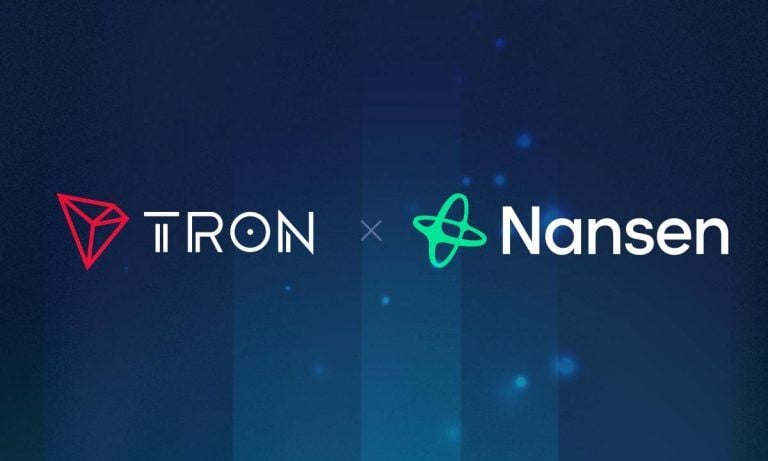










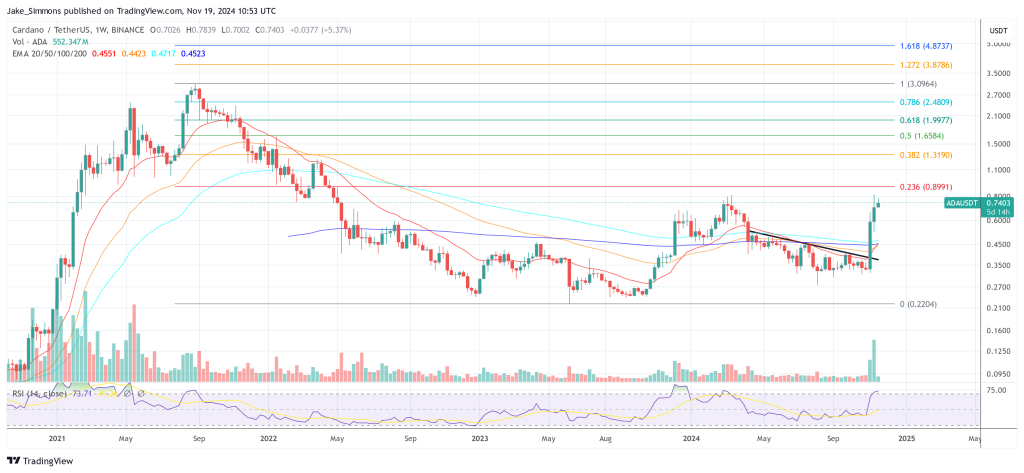
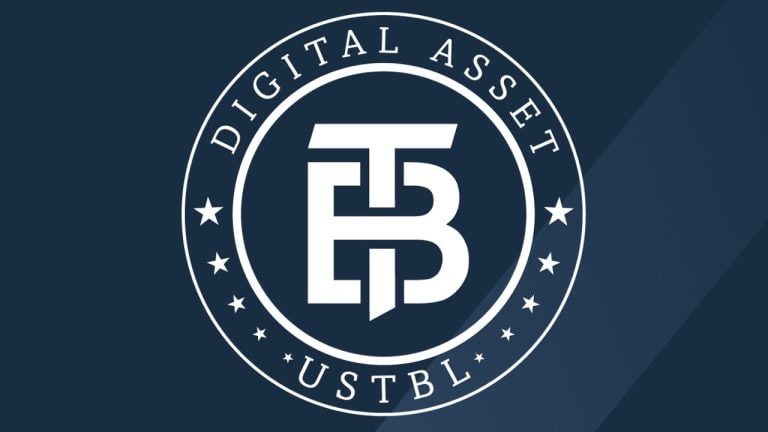



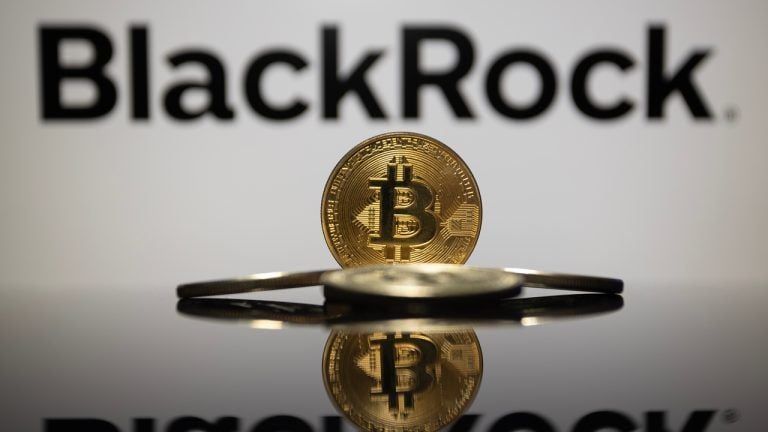

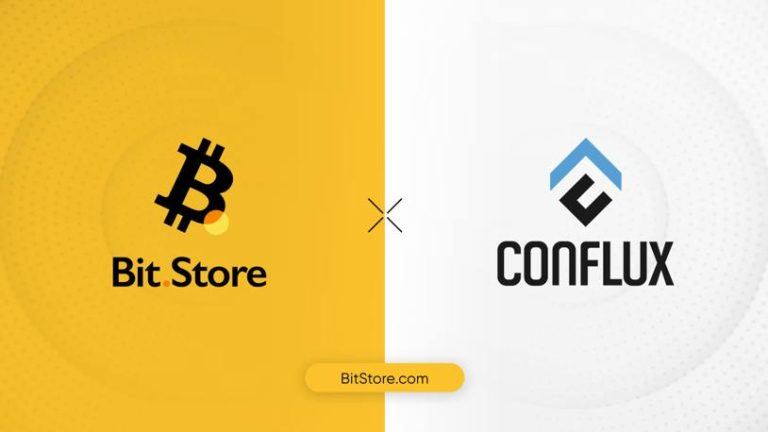
Comments